Market Share
Cardamom Oil Market Share Analysis
In the competitive landscape of the Cardamom Oil market, market share positioning strategies are instrumental for businesses aiming to distinguish themselves and capture a significant portion of the market. One primary strategy employed by industry players is product differentiation. By offering unique formulations, such as organic or sustainably sourced cardamom oil, companies can create a distinct identity and appeal to consumers who prioritize ethical and eco-friendly products. This strategy allows businesses to carve out a niche and position themselves as leaders in specific market segments.
Branding and marketing strategies play a crucial role in market share positioning within the Cardamom Oil market. Establishing a strong brand presence, communicating the quality and purity of the cardamom oil, and highlighting any certifications or unique selling propositions contribute to building consumer trust and loyalty. Effective marketing campaigns, both online and offline, help raise awareness and influence purchasing decisions, ultimately impacting market share. The global cardamom oil market is experiencing a remarkable surge, propelled by the myriad benefits it offers in the health and personal care sector. The industry's growth is further accelerated by cardamom oil's role as a natural coloring agent and flavor enhancer. The increasing adoption of cardamom oil in cosmetics, medicine, and various oil formulations is a key driver for market expansion. Notably, the pharmaceutical sector leverages cardamom oil in drug production for treating muscle pulls and spasms, contributing significantly to the market's upward trajectory on a global scale.
The product segment of the cardamom oil industry is witnessing substantial growth worldwide, owing to the numerous health and cosmetic benefits associated with cardamom. Both sectors play a pivotal role in driving the expansion of cardamom-related units. The utilization of cardamom oil as a coloring agent and the incorporation of its flavorful compounds have been instrumental in elevating market demand. The integration of cardamom into personal care products and medicinal applications has further contributed to the escalating size of the cardamom oil market.
In addition to its widespread use in personal care and health applications, the pharmaceutical industry has found cardamom oil to be a valuable ingredient. Its incorporation in drug manufacturing has proven effective in addressing issues such as muscle pulls and spasms, thus amplifying its market size. The therapeutic properties of cardamom oil are increasingly recognized, fostering its utilization in various sectors and solidifying its position as a versatile and sought-after product in the global market. Price positioning is another key aspect of market share strategies in the Cardamom Oil market. Companies may opt for premium or competitive pricing based on factors such as the quality of the cardamom oil, extraction methods used, and the brand's perceived value. Balancing affordability with perceived quality is essential for attracting a broad consumer base while maintaining a competitive edge in the market.
Distribution strategies are pivotal for market share positioning in the Cardamom Oil industry. Ensuring widespread availability through strategic partnerships with retailers, health stores, and online platforms enhances accessibility for consumers. Securing prominent shelf space and visibility in retail outlets contributes to brand recognition and influences consumer choices, directly impacting market share.
Geographic expansion is a common strategy employed by companies to increase their market share in the Cardamom Oil market. Exploring new markets and regions where demand for natural and holistic products is growing allows businesses to tap into untapped consumer segments. By adapting to regional preferences and tailoring marketing strategies, companies can expand their reach and solidify their market position.
Strategic collaborations and partnerships contribute to market share growth in the Cardamom Oil industry. Partnering with other businesses in the wellness or beauty sector, such as skincare or aromatherapy brands, enables cross-promotion and the creation of synergies. Such collaborations can lead to the development of co-branded products or exclusive formulations, enhancing market share and reaching a broader audience.
Quality control and assurance strategies are fundamental in market share positioning for Cardamom Oil. Ensuring that the cardamom oil meets or exceeds industry standards for purity, authenticity, and potency is crucial for building consumer trust. Obtaining certifications from reputable organizations reinforces the quality narrative and differentiates a brand in a market where authenticity is highly valued.
Sustainability considerations play an increasingly significant role in market share positioning. Consumers are leaning towards brands that adopt environmentally friendly practices. Companies incorporating sustainable sourcing, eco-friendly packaging, and ethical production methods can appeal to a growing segment of environmentally conscious consumers, thereby influencing market share positively.


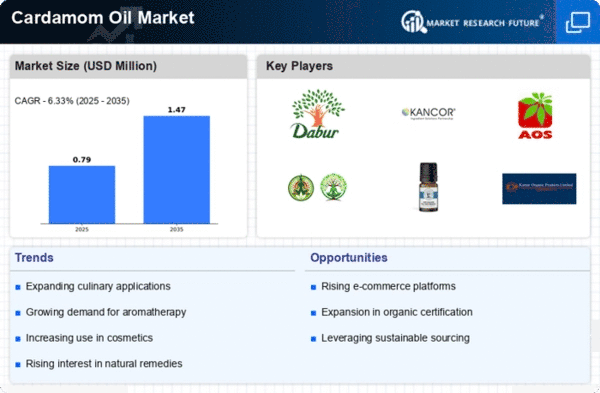
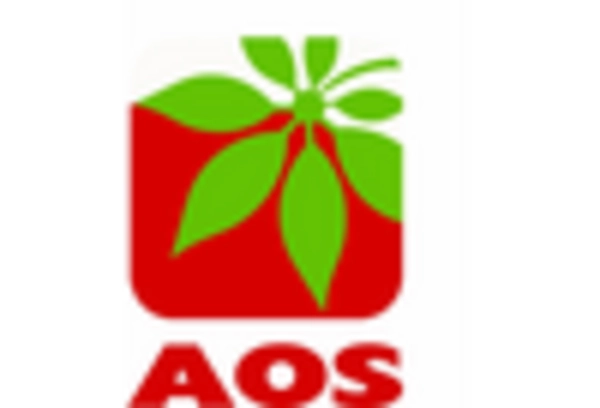
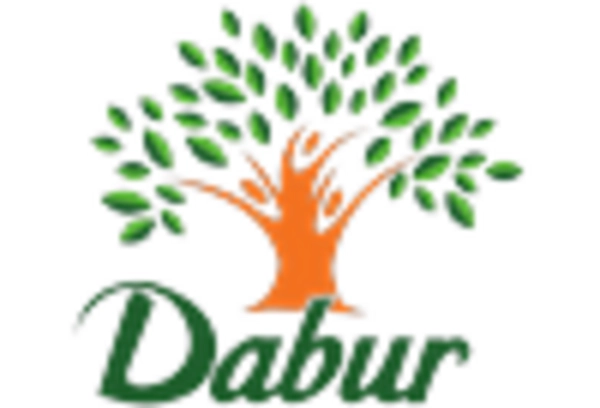
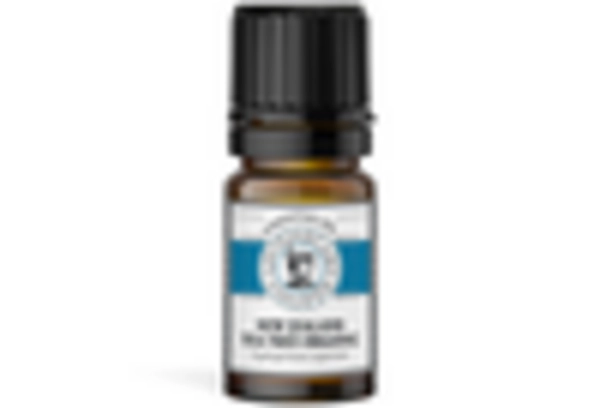
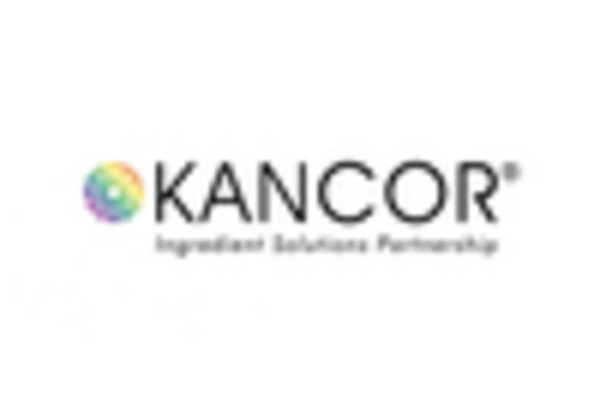
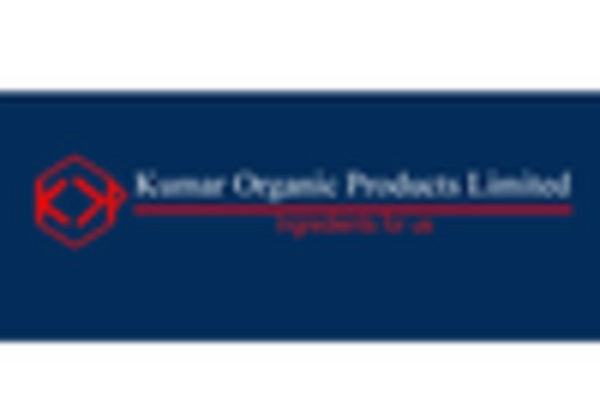
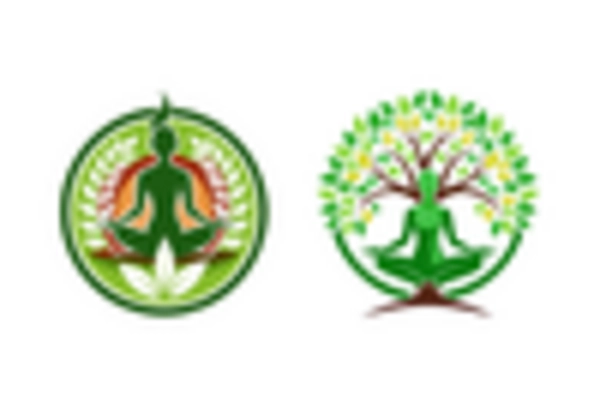









Leave a Comment